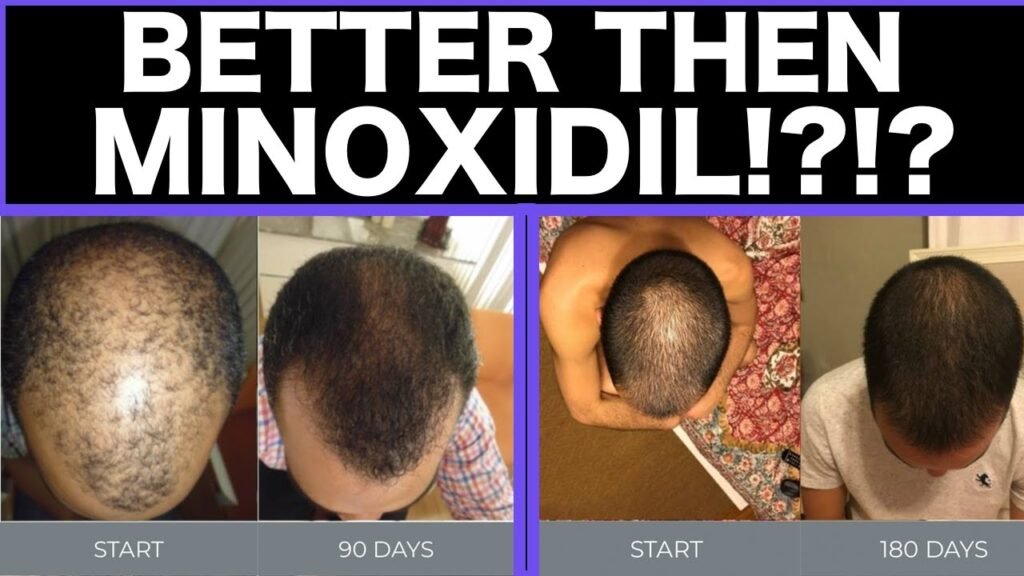Minoxidil alternatives: Minoxidil vs rosemary oil
For those exploring hair regrowth options, minoxidil and rosemary oil stand out as two popular choices, each with unique attributes. Minoxidil, a well-known FDA-approved treatment for hair loss, has been widely used for decades. It works by stimulating hair follicles and increasing blood flow to the scalp, which can promote hair growth. On the other hand, rosemary oil, a natural essential oil, has gained attention for its potential hair growth benefits and fewer side effects.
How Minoxidil Works
Minoxidil is a topical solution available in various strengths, commonly 2% and 5%. Its often used to treat androgenetic alopecia, commonly known as male or female pattern baldness. By prolonging the growth phase of hair follicles, minoxidil encourages thicker and longer hair strands. However, some users report side effects such as scalp irritation or unwanted facial hair growth, leading many to consider alternatives like rosemary oil.
The Benefits of Rosemary Oil
Rosemary oil is a natural remedy that has been traditionally used for its medicinal properties. Recent studies suggest that rosemary oil may be effective in improving hair thickness and growth, potentially due to its ability to improve circulation and provide anti-inflammatory benefits. Unlike minoxidil, rosemary oil is less likely to cause adverse reactions, making it an attractive alternative for those with sensitive skin or a preference for natural treatments. Moreover, its pleasant scent and additional benefits for scalp health add to its appeal as a holistic approach to hair care.


